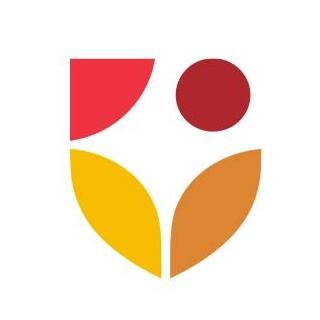This 120-hour program provides participants with key principles of second-language teaching and the skills, strategies, and tools to be successful in teaching English language learners.

This 120-hour program provides participants with key principles of second-language teaching and the skills, strategies, and tools to be successful in teaching English language learners.
The program is designed for individuals who are new to the Teaching English as a Second Language (TESL) or Teaching English as a Foreign Language (TEFL) field and provides classroom application experience.
Program Details
Outcome
Completion certificate
Length
120 hours
What to Expect from the Program
Students apply theory and concepts practiced in the TESL courses, receive feedback on their teaching from a qualified mentor teacher, and develop a teaching portfolio.
Those who already have a background in teaching can benefit from the program by learning about new theoretical and practical trends in the field and by further developing their teaching abilities.
You do not need a degree to take the NorQuest College TESL program. However, if you decide to pursue professional certification in the future, TESL Canada needs an undergraduate degree and (for non-native speakers of English) a minimum English language proficiency score. Visit the TESL Canada website for more information.
Graduate with Experience
NorQuest College believes in the importance of on-the-job experience that provides an enriched learning opportunity.
You’ll graduate this program with 20 hours of work experience from 10 hours of classroom observation and 10 hours of supervised classroom teaching.
Career Opportunities
Graduates of the program will be able to pursue positions in the field of teaching English as a second language (TESL) or foreign language (TEFL) contexts that include:
With the strength of a NorQuest College education, our learners have the skills and confidence to further their studies, begin new careers, provide better lives for their families, and make valuable contributions to society.
At NorQuest, we have a unique ability to provide students with the skills Alberta needs in a supportive and inclusive environment. And with input from industry, business, and the public sector, we make learning relevant and rewarding.
We understand that our learners come with varying levels of education and we assist them at the times and places that meet their needs, whether that is in the classroom, via distance learning or continuing education.
We help identify their strengths, work on their areas of need, and move them towards exciting learning paths and life-changing careers. Our post-secondary diploma and certificate programs offer careers in health, community studies, and business.
We also uniquely deliver to the increasing demands of our economy. Thanks to our workforce-relevant programming, the average diploma graduate from NorQuest College earns $15,100 more than a high school graduate at their career midpoint.
In addition, research shows that NorQuest College and our students added $471.4 million of total income to Edmonton’s regional economy. These outcomes are based on a 2016-17 study conducted by Economic Specialists International.
Located on traditional lands referred to as Treaty 6 territory, we serve 21,162 learners. This translates to 12,112 full-time and part-time credit students, and 9,050 non-credit or continuing education students, including assessment examinations.
As a regional steward, we provide access to adult education in Edmonton and the surrounding region. Our services reach from Drayton Valley in the southwest, to Whitecourt in the northwest, and to Wetaskiwin in the southeast, encompassing 26 communities. In all, three regional campuses complement our two Edmonton campuses.
We are proud to embrace diversity and honour inclusiveness:
© 2025 coursetakers.com All Rights Reserved. Terms and Conditions of use | Privacy Policy